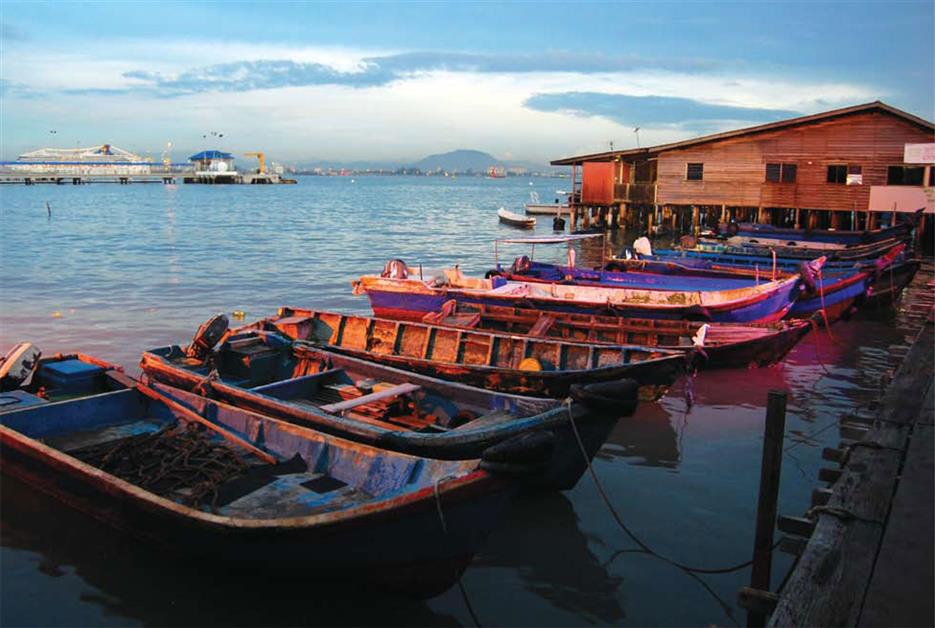
A Tree to Call Our Own: The Pinang
3 min read
Once abundant, the pinang tree is central to Penang’s identity—deeply rooted in trade, culture and tradition, from betel chewing rituals to the state’s very name and emblem.












